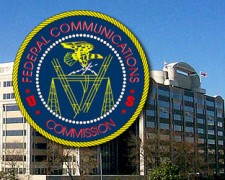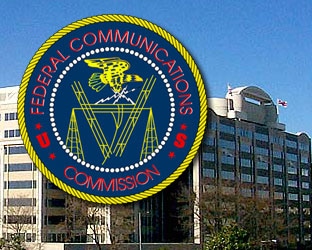 Obtaining capital for broadcast investment has long been a major hurdle for those wishing to enter the broadcasting business, and it is hoped that opening access to foreign investment will make funding easier to come by. The FCC will look into this at its next open meeting.
Obtaining capital for broadcast investment has long been a major hurdle for those wishing to enter the broadcasting business, and it is hoped that opening access to foreign investment will make funding easier to come by. The FCC will look into this at its next open meeting.
Attributable foreign investment in a broadcast license is currently capped 25%. The FCC will consider a Declaratory Ruling addressing FCC treatment of requests in this area.
The meeting is scheduled for 11/14/13. Three other items on the agenda are of no particular interest to broadcasters.
Both NAB and MMTC have indicated strong support for loosening the foreign investment restrictions, and MMTC has been a driving force behind the measure.
Here is the FCC’s full November Open Meeting agenda:
Foreign Investment in Broadcast Licensees: The Commission will consider a Declaratory Ruling to clarify the agency’s policies and procedures in reviewing broadcast applications for transfer of control, or requests for declaratory ruling, pursuant to section 310(b(4) of the Communications Act of 1934.
Improving 911 Reliability: The Commission will consider a Report and Order to improve the reliability and resiliency of 911 communications networks nationwide.
Status of Universal Service Reform Implementation: The Wireline Competition Bureau, Wireless Telecommunications Bureau, and Office of Native Affairs and Policy will present an update on universal service reform implementation.
Promoting Digital Literacy though Public-Private Partnerships: The Commission will hear an update on the multiple public-private initiatives seeking to boost broadband adoption and digital literacy. The presentation will include updates on the state of these broadband adoption programs and their future impact. By leveraging the power of broadband and private-sector expertise, the Commission seeks to develop and promote innovative approaches to a range of opportunities in fields such as education, healthcare, public safety, cybersecurity, broadband adoption, and digital literacy.





